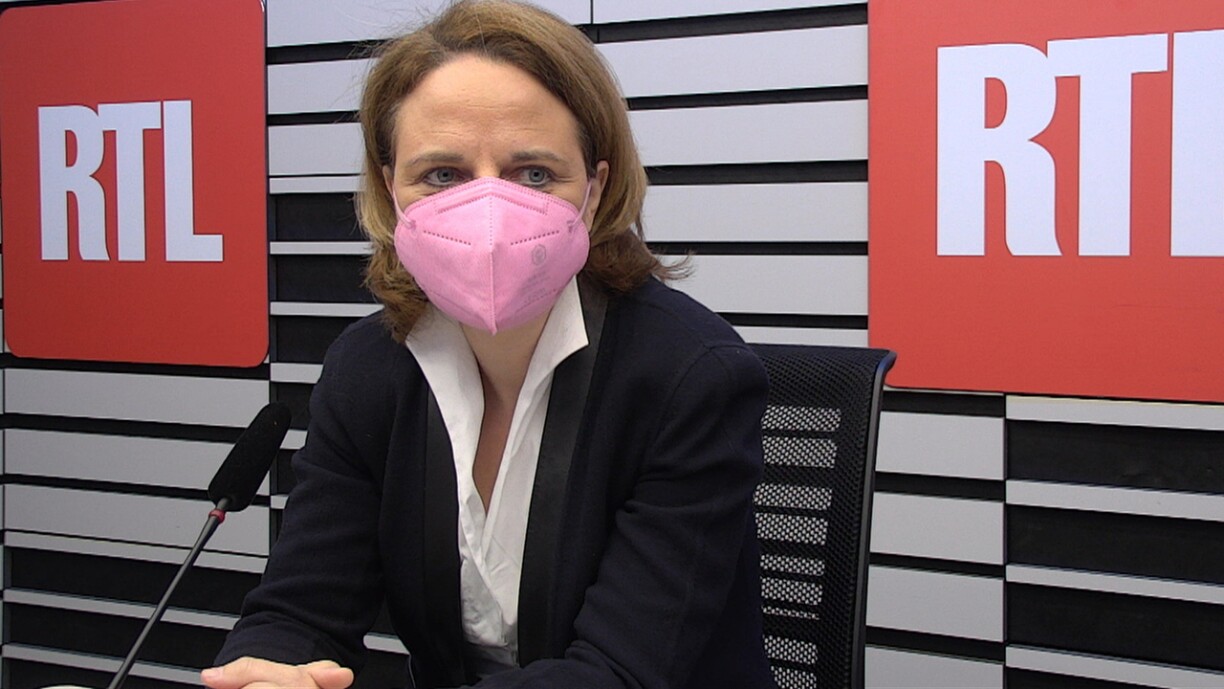
Cahen made the comments in an appearance on RTL Radio on Friday morning, in which she also touched upon energy prices and homelessness.
While residents of retirement and nursing homes are generally more vulnerable when it comes to the coronavirus, they are also practically all fully vaccinated, according to Cahen.
There have once again been a lot of infections in homes this winter but for the most part, residents did not have any symptoms. In fact, these cases were only discovered because of the high number of tests carried out in the sector, the Minister explained.
83 residents are currently infected. However, Cahen stressed that most “are doing well” and are completely asymptomatic. Nevertheless, six residents who tested positive for Covid-19 have been hospitalised.
Staff shortages due to Covid-19 infections have been a challenge “since the start of the pandemic,” Cahen acknowledged, and with the Omicron variant, the situation has been even more challenges. However, homes have strategies in place to deal with the issue, and Cahen also particularly highlighted the “solidarity between staff members”.
The Ministry plans to carry out an analysis in cooperation with the University of Luxembourg to assess how the restrictions impacted the residents of retirement and nursing homes. Cahen hopes that the new Covid-19 law will help fight against social isolation, an issue which she stressed is close to her heart.
The Minister explained that residents who are asymptomatic can receive visitors if the latter are willing to take certain protective measures. In addition, those infected can “test themselves out of isolation” with two negative rapid tests taken on two consecutive days.
The important thing, Cahen stressed, is that “life can take place again”. The high vaccination rate is one of the main reasons Luxembourg has this option in the first place, Cahen pointed out.
Regarding a potential vaccine mandate, Cahen stated that she is “not concerned” about staff shortages in homes, should vaccination become compulsory for health and care workers.
About 90% of all employees who work in retirement and nursing homes and live in Luxembourg are vaccinated, according to the Minister, while 70% have received their booster shot. On the other hand, there are no official figures for vaccination rates among cross-border workers.
When asked about the current increase in energy prices, Cahen stated that she is in favour of “targeted aid” for those households “who need it the most”. Cahen did not rule out that the cost-of-living benefit could be adapted again but reiterated that the government already doubled the amount granted by the benefit in 2020.
The Minister is, however, rather sceptical regarding the idea of a one-time bonus of €100 or €200 for everyone, as proposed by the Luxembourg Socialist Workers’ Party (LSAP).
Regarding the issue of homelessness, Cahen stated that it is difficult to obtain reliable figures. For instance, the Minister explained, many of those who benefited from the Wanter Aktioun (“Winter Action”), which aims at providing homeless people a place to sleep and a meal during the winter months, were not from Luxembourg or even one of the neighbouring countries but travelled from abroad because they know that the Luxembourg state provides such help.
Cahen explained that she has a “housing first” approach when it comes to homelessness. The first priority should always be to provide people with a place to stay, the Minister stated, and only once that need is taken care of should the responsible services assess whether the individual in question might need therapy or specific help to overcome, for example, a drug addiction.
During a recent interview on RTL Radio, the Director General of Caritas, Marc Crochet, criticised that young people between 18 and 25 find themselves in a “no man’s land” when they end up on the streets.
Crochet spoke out in favour of lowering the age limit for the Social Inclusion Income (REVIS) under certain conditions. In response, Cahen rejected the idea, arguing that it “is not in the government’s interest” to lower the age limit, as the government wants to incentivise people to enter active life by pursuing vocational training or higher education.
The Minister also rejected Crochet’s criticism that there are not enough services aimed specifically at young people, with Cahen pointing out that while it is true that the services offered by the Ministry for Family Affairs work with mixed groups, the Ministry of Education has its own services in place which specifically target young people.